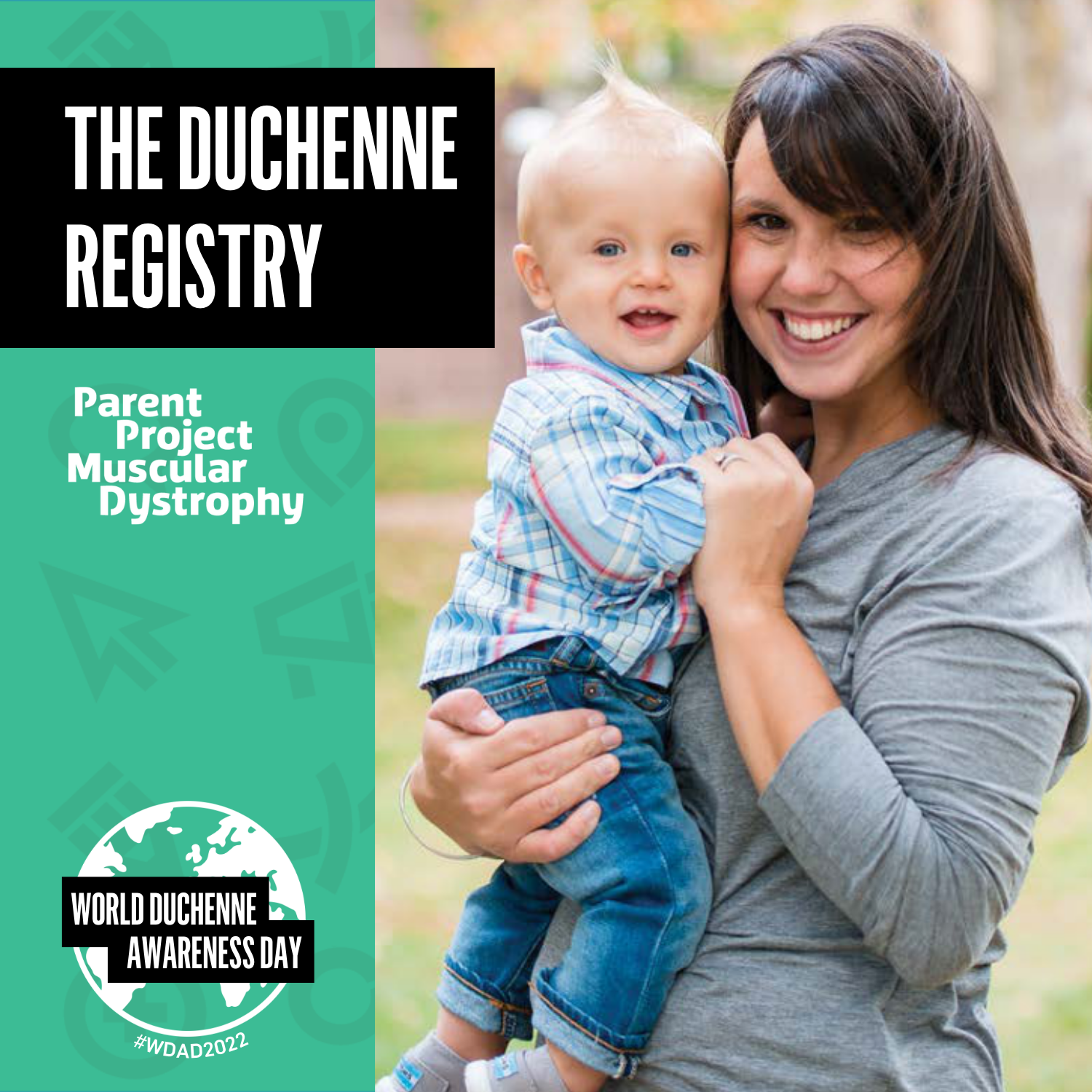
In the past, there has not been a great deal of research focused on female carriers, but this is changing. The Duchenne Registry, started by PPMD in 2007, has always collected data on female carriers.
In fact, we encourage all carriers to consider joining The Duchenne Registry. The data you share will help us advance research by providing a better understanding of the impact of being a carrier and the significance of different types of genetic changes.
- The Duchenne Registry includes 576 carriers, which is about 10% of the total number of registrants in the Registry.
- 64% of these women report they do not have symptoms, while 36% report manifesting some symptoms.
- 49% of carriers have provided their genetic test reports. Large deletions (missing at least one exon, 65%) are the most commonly reported type of genetic variant, with large duplications (extra copy of one or more exons, 15%) being the next most common.
- Many carriers within the Registry were identified based on expanded carrier screening, genetic testing that is done before or early in a pregnancy to look for many genetic conditions at once. Most carriers identified through this testing do not have a family history of Duchenne or Becker. Carriers who are identified on expanded testing are far more likely to have in-frame deletions or duplications.
- More than 80% of carriers with symptoms have had an echocardiogram, and more than 40% are on cardiac medications. In carriers without symptoms, just over 60% have had an echocardiogram, and about 15% are on cardiac medications.
The Registry recently added a survey specifically for carriers, especially to collect information about pregnancy and issues that only affect females, as these areas have not been studied in carriers in the past.
Join The Duchenne Registry >


 by: Parent Project Muscular Dystrophy
by: Parent Project Muscular Dystrophy

